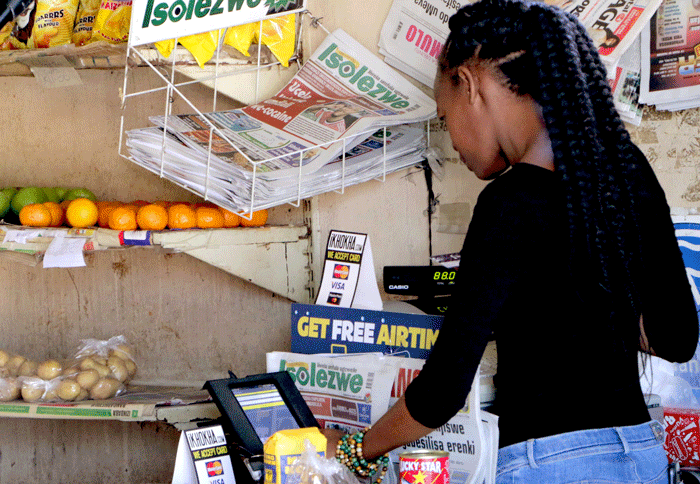South Africa is one of only 12 economies where women’s entrepreneurial activity rates increased, with 11.1% of working-age women engaged in early-stage entrepreneurial activities
Despite the gender gap and the impact of the covid-19 pandemic, women in South Africa are making progress as entrepreneurs, indicating a strong will and determination to survive. This is according to the latest Mastercard Index of Women Entrepreneurs Index (MIWE), announced on the side-lines of the annual 2022 FORBES WOMAN AFRICA Leading Women Summit presented by Mastercard.
Now in its fifth year, the MIWE highlights the vast socio-economic contributions of women entrepreneurs across the world, provides insight on the factors driving and inhibiting their advancement, and makes a compelling case for building on targeted gender-specific policy best practices internationally. Through a unique methodology – drawing on publicly available data from leading international organizations such as the Organisation for Economic Co-operation and Development and International Labour Organization – MIWE 2021 includes a global ranking of the advancement of women in business across 65 economies, and how they differ in terms of the level of ‘Women’s Advancement Outcomes’, ‘Knowledge Assets & Financial Access’ and ‘Supporting Entrepreneurial Conditions’.
While South Africa moved up one place from 2020 to rank 37th on the 2021 Index with a score of 54.9, women’s advancement still remains hampered by less supportive entrepreneurial conditions compared to other global economies such as the United States (rank 1; score 69.9), New Zealand (rank 2; score 69.8), and Canada (rank 3; score 68.6). Despite this, South Africa moved up two places on the Women Business Owner benchmark to rank 44th, with 21.9% of all businesses owned by women in 2021 versus 21.1% in 2020. Botswana (38.5%) ranks first in the world with the highest percentage of women business owners, followed by Uganda (38.4%) and Ghana (37.2%).



